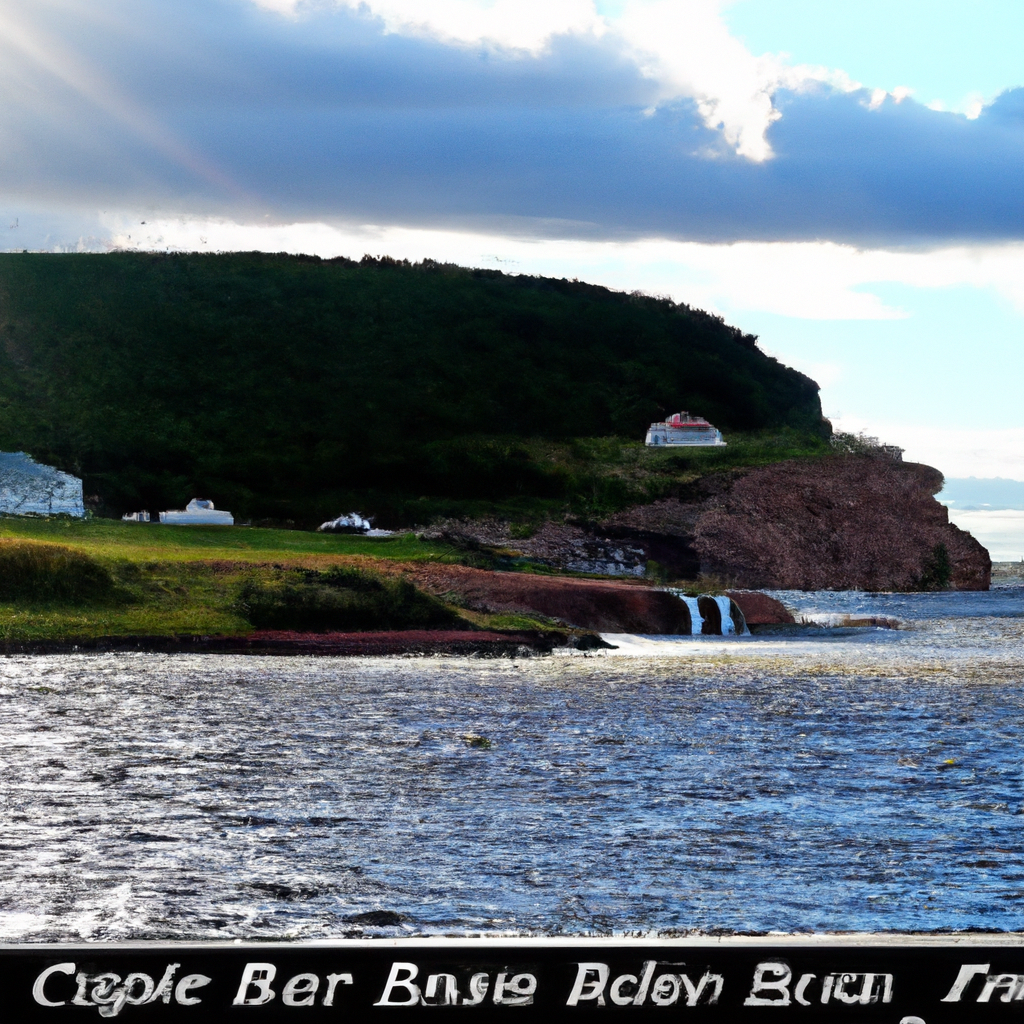Discovering the perfect rural property in Cape Breton can be a thrilling adventure filled with picturesque landscapes and unique opportunities. Whether you’re eyeing a quaint farmhouse, a vast acreage, or a seaside retreat, understanding the local market dynamics is key to making an informed decision. This guide provides essential tips and insights to help you successfully navigate Cape Breton’s rural real estate market.
Understand the Local Market Trends
The first step in your property search should be to gain a solid understanding of the local real estate trends. Cape Breton’s market can vary significantly from one area to another. Factors such as proximity to services, the appeal of the natural environment, and economic activities can influence property values and availability. Keeping an eye on market trends, including price fluctuations and inventory levels, will help you spot opportunities and make well-timed decisions.
Choosing the Right Location
Location is paramount when considering rural property. In Cape Breton, the choice of locale can affect everything from the lifestyle you’ll lead to the long-term value of your investment. Consider what’s important to you – access to schools, healthcare, shopping, and recreational facilities. For some, being close to hiking trails and water bodies might be a priority, while others might value proximity to cultural hubs like Sydney or Baddeck. Each community in Cape Breton has its own charm and set of amenities, so it’s crucial to visit and get a feel for the area before making a decision.
Assessing Infrastructure and Accessibility
When buying rural property, it’s essential to assess the infrastructure and accessibility of the area. Check the condition of roads and availability of public transport. Internet access can also be a concern in rural regions, so ensure you verify connectivity options, which are vital for those planning to work remotely or run a home-based business. Additionally, consider the availability of essential services such as water and electricity. In some remote areas, you might need to look into alternative solutions like wells and solar panels.
Environmental Considerations
Environmental factors play a crucial role in the decision-making process for purchasing rural property. Be aware of potential issues such as flooding, land erosion, or restrictions related to conservation. It’s advisable to conduct a thorough land survey and consult with local environmental authorities to understand any implications that could affect your use of the property. This step not only protects you but also ensures that you are making an environmentally responsible investment.
Legal and Zoning Regulations
Understanding the local zoning laws and regulations is critical when purchasing rural real estate in Cape Breton. Zoning laws dictate how you can use your property, affecting everything from the ability to keep livestock to the potential for subdividing the land in the future. It’s wise to consult with a local real estate attorney or a town planner who can provide detailed insights and ensure that your planned property use aligns with local laws.
Working with Local Experts
Navigating Cape Breton’s rural property market can be complex, and working with local experts can provide you with invaluable assistance. Real estate agents who specialize in rural properties in the area can offer specific advice and access to listings that might not be widely advertised. Additionally, building a relationship with a local bank can be beneficial, particularly when it comes to securing financing for rural properties, which sometimes involves different criteria than urban home loans.
In conclusion, purchasing rural property in Cape Breton offers a unique opportunity to own a piece of Nova Scotia’s stunning natural beauty. By understanding the market, assessing essential factors like location, infrastructure, and legal considerations, and enlisting the help of local experts, you’ll be well on your way to finding your dream property. With careful planning and research, you’ll be able to make a well-informed and successful investment in Cape Breton’s rural real estate market.


